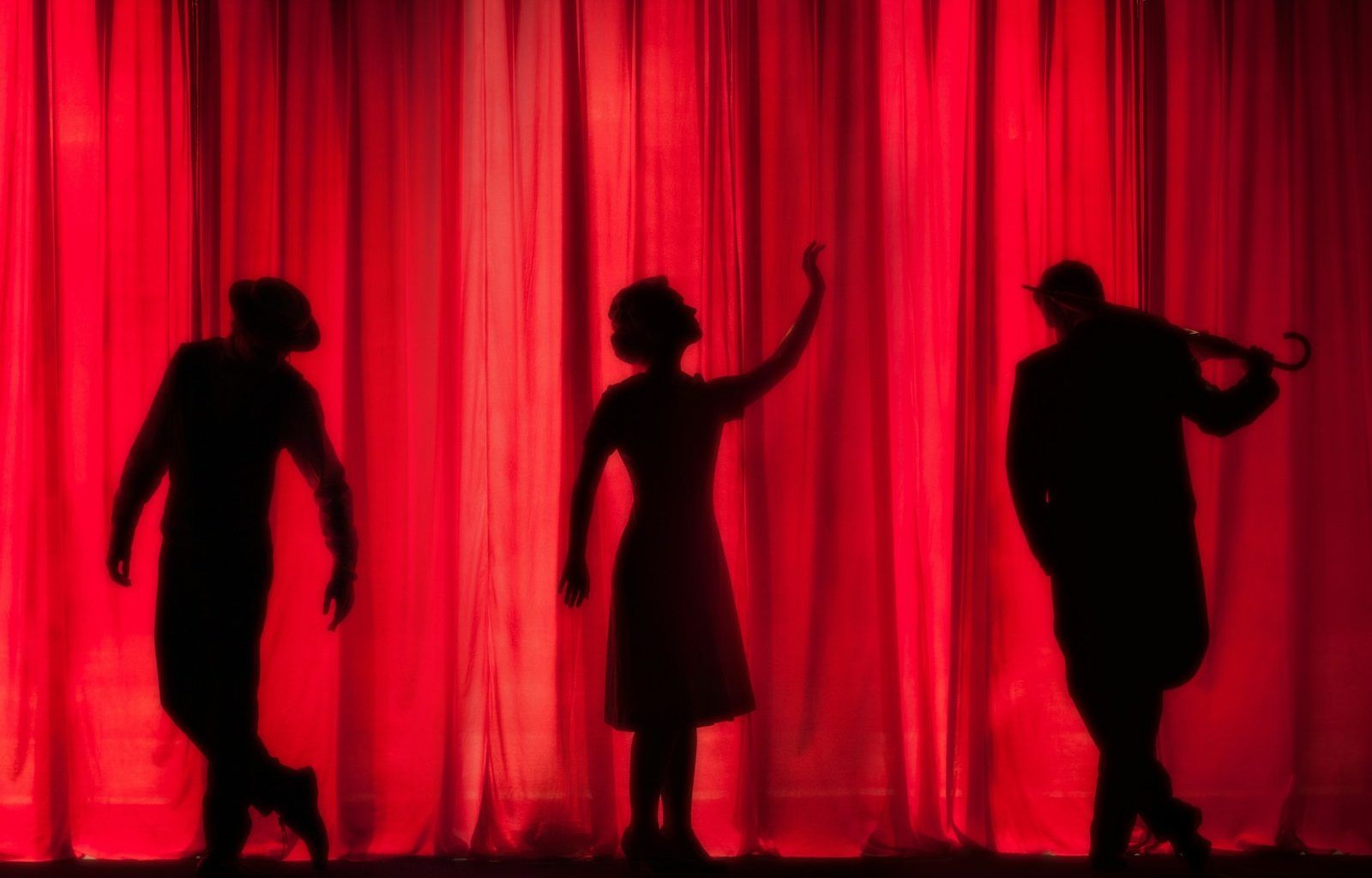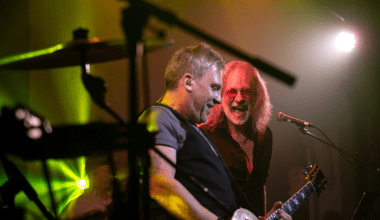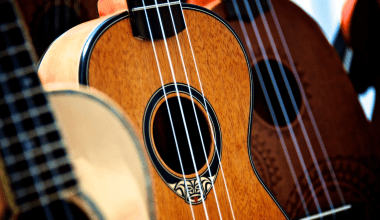In the music industry, a stage name is often more than just a name—it’s an identity, a brand, and sometimes, a necessary reinvention. Whether it’s for personal reasons, better marketability, or to leave behind a complicated past, stage names have played a crucial role in the careers of countless musicians. But what goes into choosing a stage name, and how does it shape an artist’s journey? Let’s dive into the stories, significance, and creative process behind these iconic names.
Why Do Musicians Use Stage Names?
First things first: why would anyone want to change their name in the first place? For musicians, stage names often serve multiple purposes. Some common reasons include:
- Creating a Memorable Brand: A name that sticks is essential in the crowded music industry. Madonna, Prince, and Cher—these single-word monikers are unforgettable.
- Privacy Concerns: Many artists prefer to separate their public persona from their private life. This boundary helps them maintain some semblance of normalcy.
- Cultural Relevance: Some names might not resonate with global audiences. For instance, a name that’s hard to pronounce or spell can be a barrier to success.
- Reinvention: Stage names offer a fresh start, especially for artists who want to break free from a past they’d rather leave behind.
The Historical Context of Stage Names
The use of stage names isn’t new. From Shakespearean actors to jazz legends, performers across centuries have adopted aliases to stand out. In the 20th century, as music genres like rock ‘n’ roll and hip-hop emerged, stage names became even more creative and impactful. Think of Elvis Presley—often referred to as “The King,” though he stuck with his real name. On the other hand, Reginald Kenneth Dwight became Elton John, a name synonymous with flamboyance and talent.
How Musicians Choose Their Stage Names
Choosing a stage name is no small feat. It’s a blend of creativity, strategy, and sometimes, pure serendipity. Here are some ways musicians find their perfect alias:
1. Drawing from Personal Experiences
Many stage names are deeply personal. Lady Gaga, for instance, was inspired by Queen’s song “Radio Ga Ga,” reflecting her love for theatrical performances and powerful vocals.
2. Using Nicknames or Childhood Names
Nicknames often serve as the foundation for stage names. Eminem, for example, stems from his initials, M and M (Marshall Mathers).
3. Paying Homage to Influences
Artists often name themselves after figures or places that hold meaning to them. Lana Del Rey, originally Elizabeth Woolridge Grant, wanted a name that evoked the glamour of old Hollywood and the vibrancy of the Latin world.
4. Adopting a Completely New Persona
Some artists completely reinvent themselves. David Bowie—born David Robert Jones—chose his stage name to avoid confusion with Davy Jones of The Monkees.
The Role of Stage Names in Branding
A stage name isn’t just a name; it’s a brand. Musicians often work with marketing teams to ensure their name aligns with their image and target audience. A catchy, easy-to-remember name can make or break an artist’s career.
Case Study: Drake
Aubrey Drake Graham shortened his name to simply “Drake,” a sleek and memorable choice that complements his genre-spanning music and global appeal.
Case Study: Pink
Alecia Beth Moore chose “Pink” to reflect her bold and rebellious personality. The name also makes her instantly recognizable.
Challenges of Having a Stage Name
While stage names come with benefits, they’re not without challenges. Some musicians feel disconnected from their stage persona over time, leading to identity struggles. Additionally, legal issues can arise if the name’s origin isn’t properly credited or trademarked.
Synonyms for Stage Names
Throughout this exploration, it’s worth noting the different terms often used interchangeably with “stage names,” such as:
- Alias
- Pseudonym
- Artistic name
- Performance name
- Moniker
The Legacy of Iconic Stage Names
Certain stage names transcend music to become cultural phenomena. Think of Freddy Mercury, born Farrokh Bulsara, whose name change marked his transformation into a rock legend. Similarly, Bob Dylan (born Robert Zimmerman) adopted a name that resonated with his poetic and revolutionary spirit.
Modern Trends in Stage Names
Today, stage names continue to evolve with trends in music and culture. Some artists use symbols or numbers (e.g., 6lack, Deadmau5), while others stick to minimalist choices (e.g., Sia, Adele). The digital age has also influenced naming strategies, as musicians consider search engine optimization (SEO) and social media handles.
How You Can Choose Your Stage Name
Are you an aspiring musician thinking about a stage name? Here are a few tips:
- Keep It Simple: Aim for something easy to spell, pronounce, and remember.
- Make It Meaningful: Choose a name that reflects your personality or artistic vision.
- Test It Out: Try saying your name out loud or sharing it with friends to gauge their reaction.
- Check Its Availability: Ensure the name isn’t already trademarked or heavily associated with another artist.
Conclusion
Musician stage names are much more than aliases—they’re powerful tools for storytelling, branding, and reinvention. From the deeply personal to the wildly creative, these names shape careers and leave lasting impressions on audiences. Whether you’re a fan of artists like Lady Gaga or aspiring to create your own music persona, understanding the art of stage names adds a new layer of appreciation to the world of music.
For further reading, explore these related articles:
- Unlock the Power of Spotify: A Guide to Spotify Boost
- Apple Music Stream: Everything You Need to Know
For additional resources on music marketing and distribution, visit DMT Records Private Limited.






